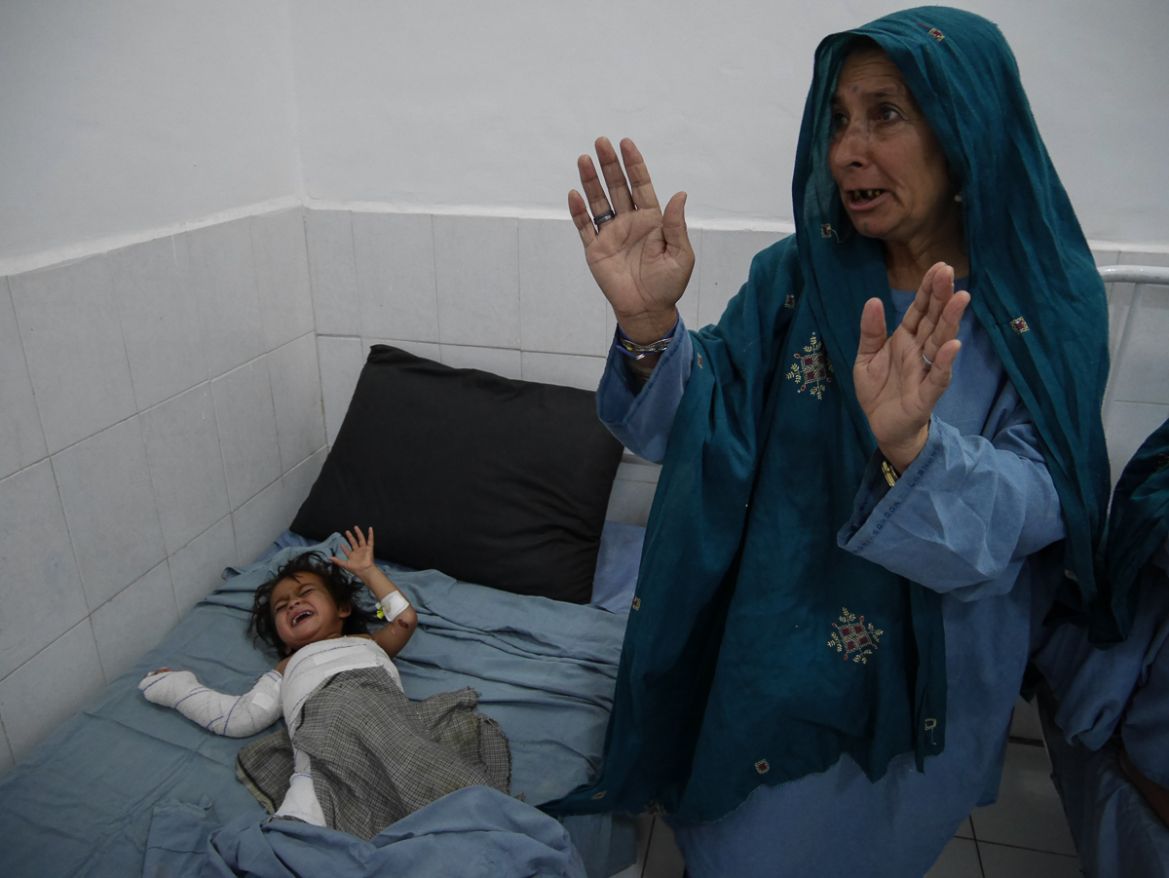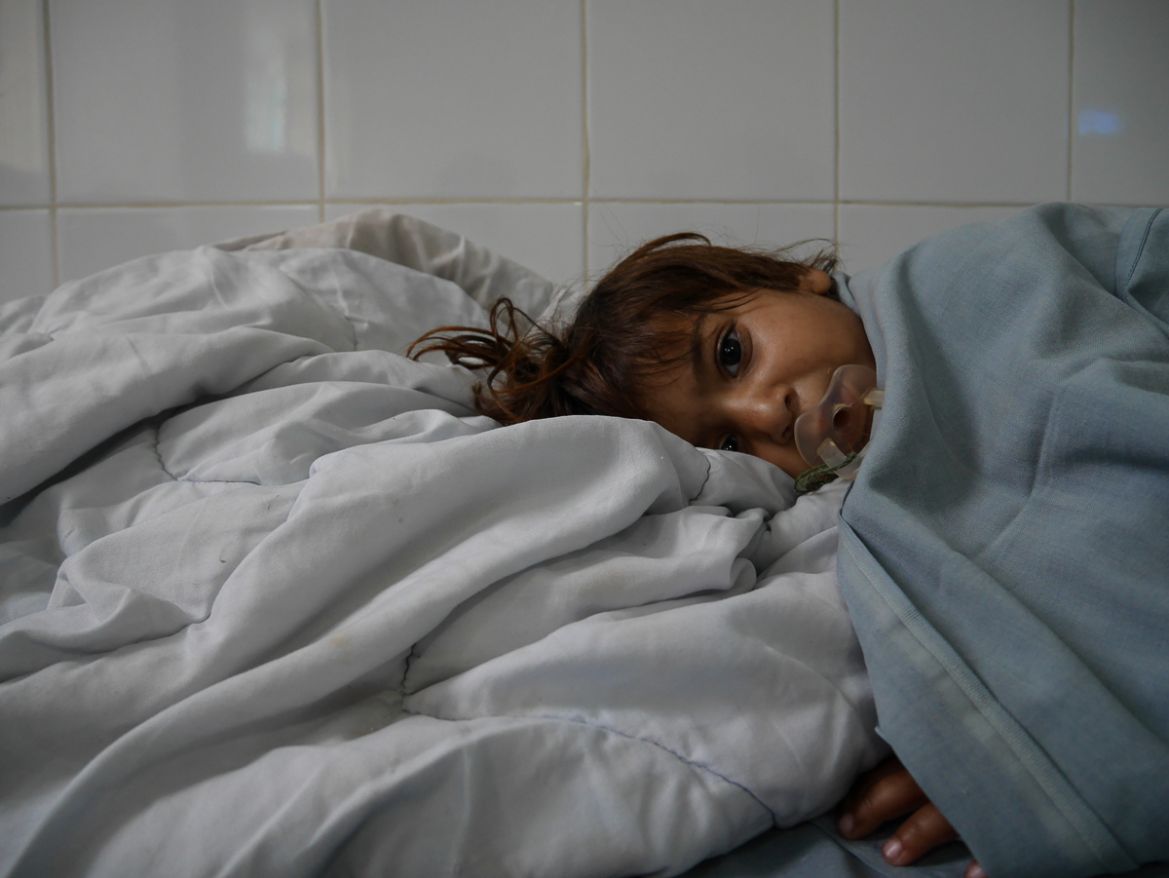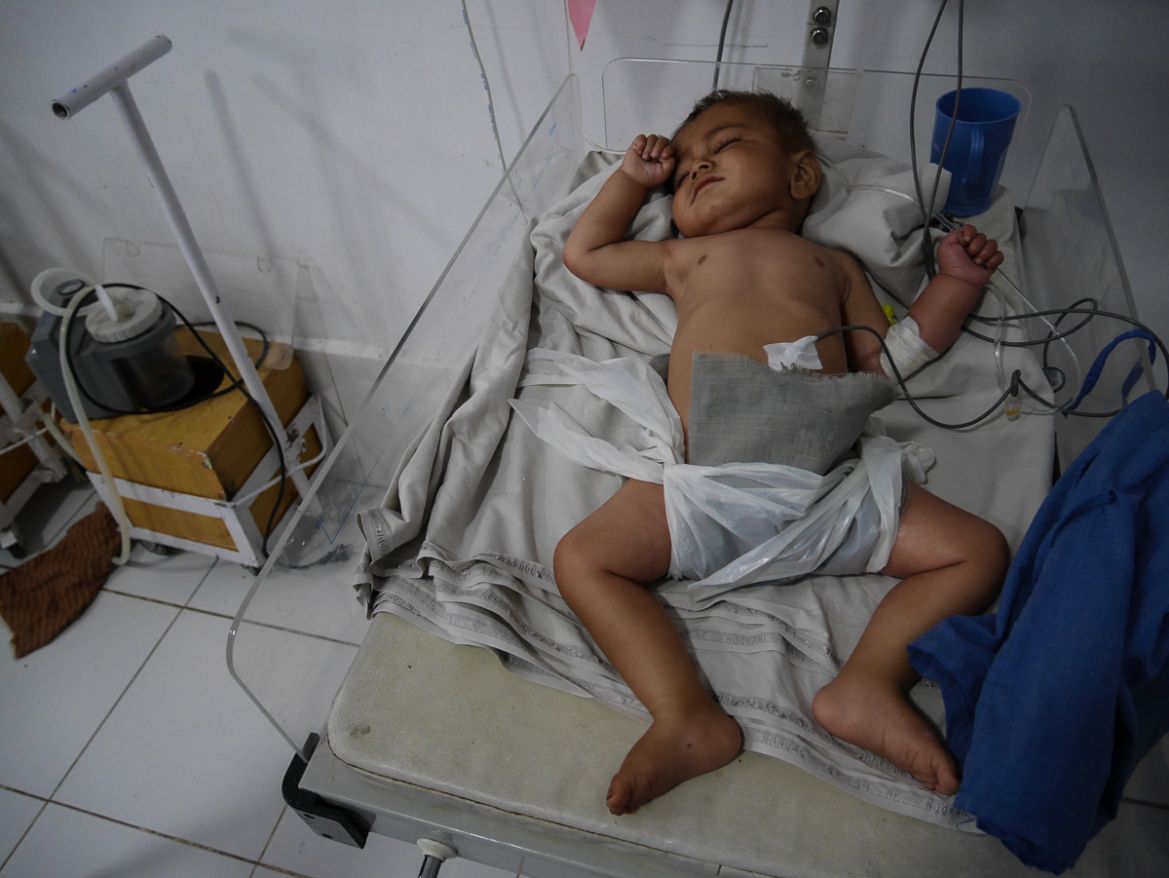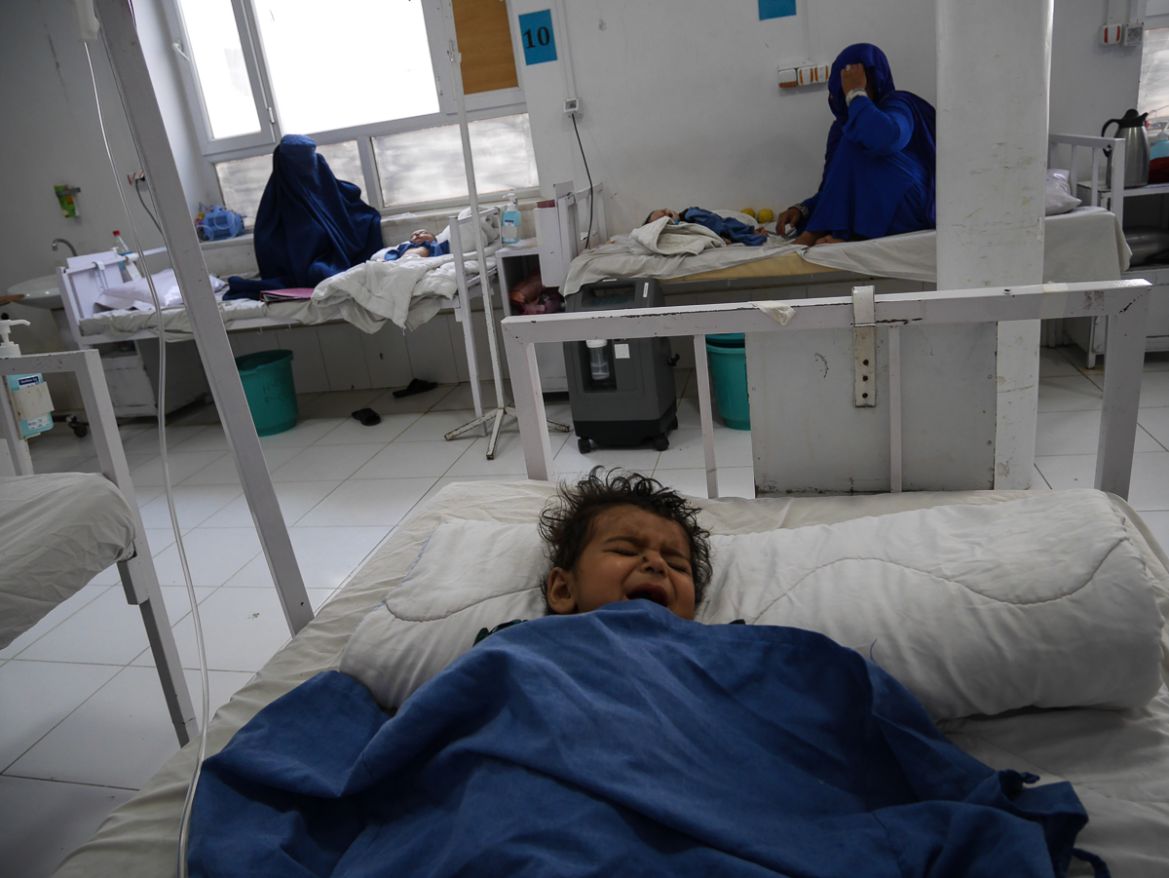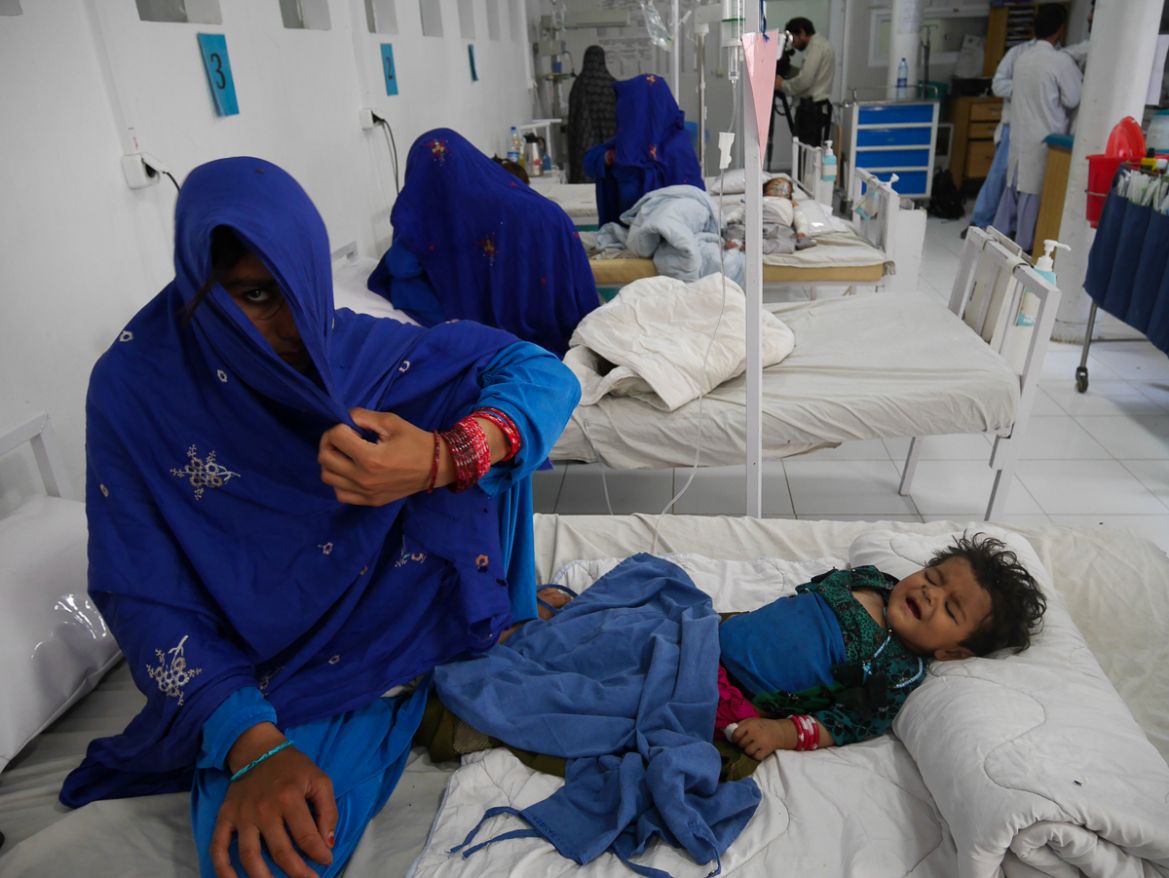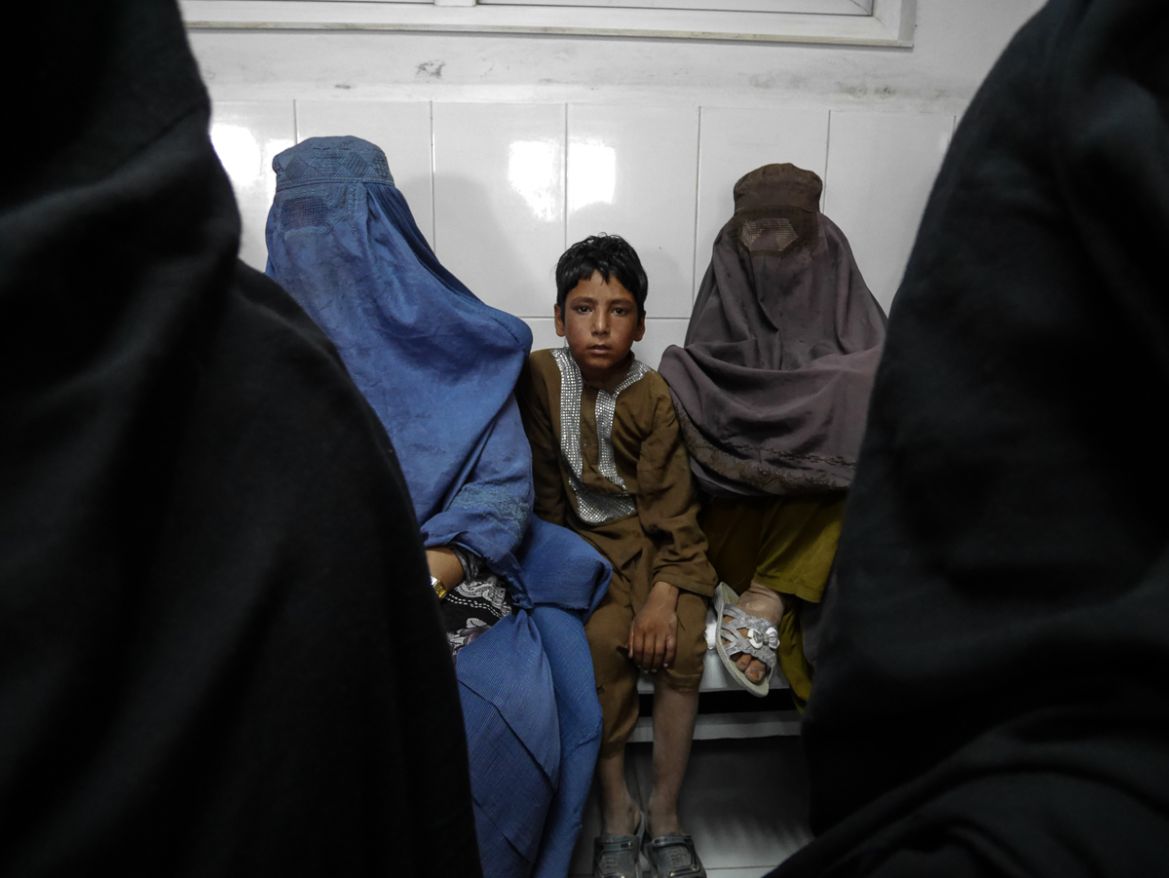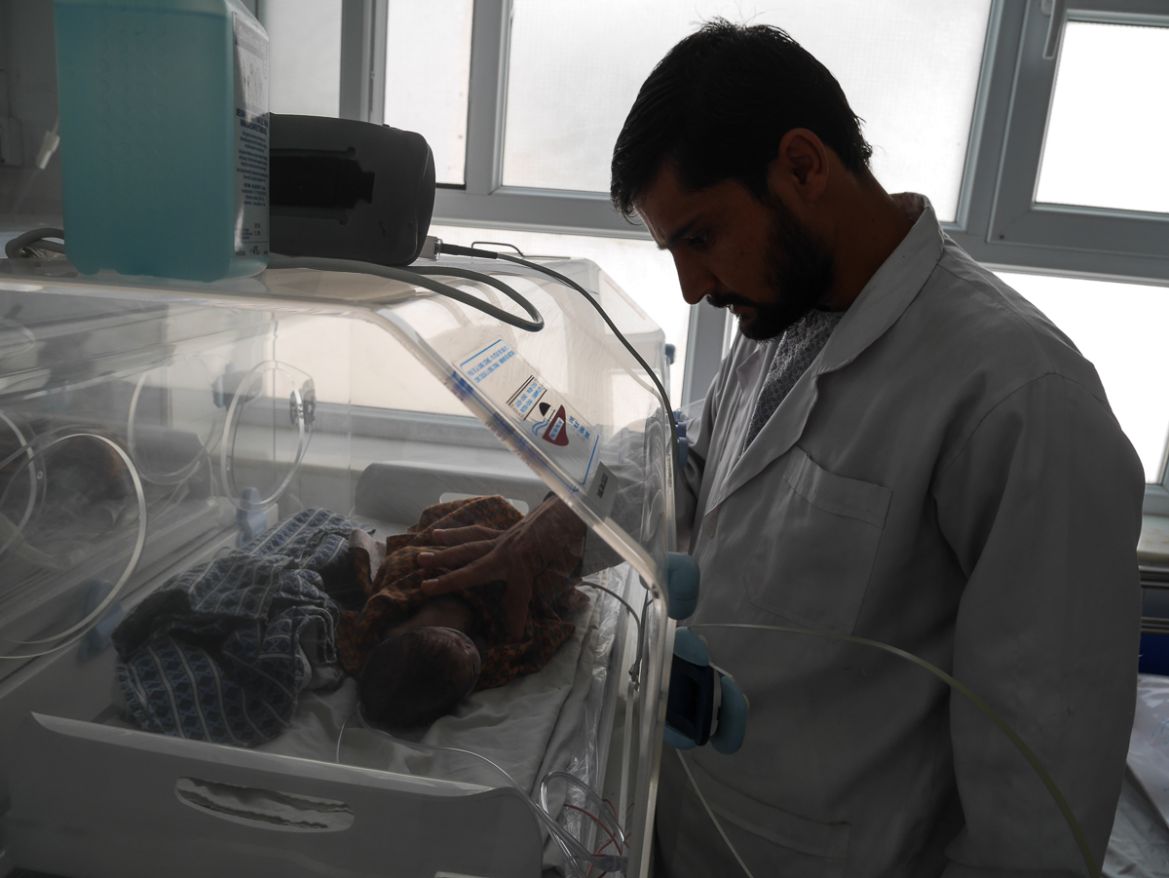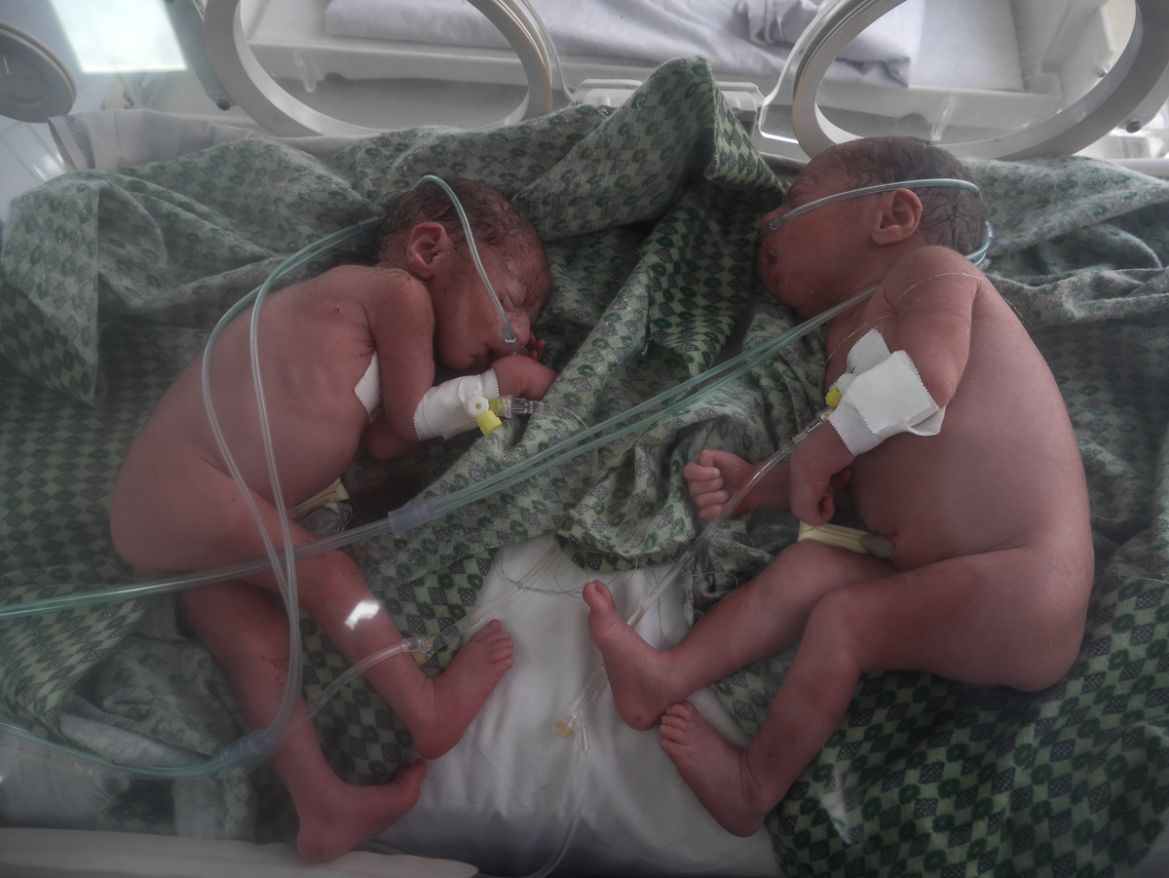In Pictures
Inside a frontline hospital in Afghanistan
Amid a growing Taliban insurgency, doctors at Boost Hospital in volatile Helmand Province rush to save lives.

Lashkar Gah, Helmand Province, Afghanistan – Every three days in Afghanistan there’s an attack affecting hospitals, health workers and patients, even though medics are supposed to be protected in conflict zones.
On October 3, 2015, during a lull in fighting between the Taliban and Afghan forces, a hospital in Kunduz run by Doctors without Borders (MSF), was bombed for one hour and destroyed by the US army. Many have described the incident, which killed more than 40 civilians, as a war crime. The US military denies that and calls the incident a mistake.
Seven hundred kilometres away, in southern Afghanistan’s Helmand Province, lies the MSF-supported Boost Hospital.
The news from Kunduz shocked the staff there.
“From all sides, health workers are supposed to be protected all over the world. I knew some of the workers in Kunduz, so when we lost them, I was upset,” said Dr Saeed Abbas Sadat, who has worked in Boost’s emergency room for five years.
Medics at Boost Hospital are inundated. Hundreds of new patients can be admitted in one day, and the paediatrics ward is particularly busy treating malnourished babies and those born prematurely – the youngest victims of Afghanistan‘s war. Doctors say it can take time to reach the hospital because of fighting and attribute a high prevalence of premature births to the stress of living with conflict.
Like the destroyed Kunduz trauma centre, Boost is dangerously close to the battlefield.
The hospital’s medics treat anyone who walks through the door, working hard to save lives, despite fearing for their own.
In Afghanistan: Medics Under Fire, 101 East’s Karishma Vyas meets the dedicated medics at Boost Hospital, and investigates the dangers facing health workers on the frontline in the wake of Kunduz.
